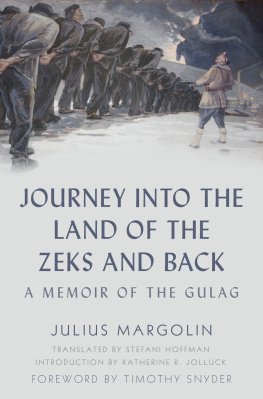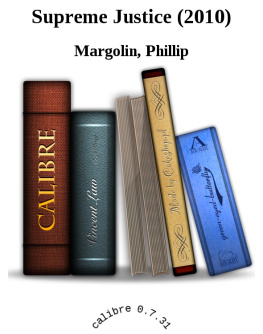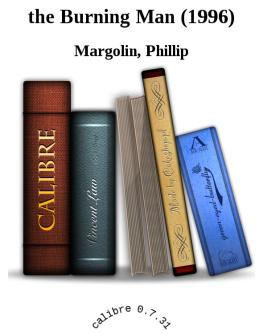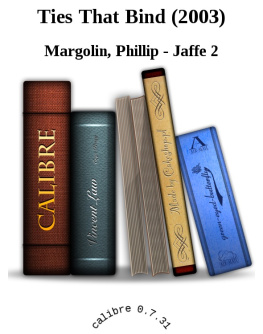Julius Margolin - Journey into the Land of the Zeks and Back: A Memoir of the Gulag
Here you can read online Julius Margolin - Journey into the Land of the Zeks and Back: A Memoir of the Gulag full text of the book (entire story) in english for free. Download pdf and epub, get meaning, cover and reviews about this ebook. year: 2020, publisher: Oxford University Press, genre: Politics. Description of the work, (preface) as well as reviews are available. Best literature library LitArk.com created for fans of good reading and offers a wide selection of genres:
Romance novel
Science fiction
Adventure
Detective
Science
History
Home and family
Prose
Art
Politics
Computer
Non-fiction
Religion
Business
Children
Humor
Choose a favorite category and find really read worthwhile books. Enjoy immersion in the world of imagination, feel the emotions of the characters or learn something new for yourself, make an fascinating discovery.
- Book:Journey into the Land of the Zeks and Back: A Memoir of the Gulag
- Author:
- Publisher:Oxford University Press
- Genre:
- Year:2020
- Rating:3 / 5
- Favourites:Add to favourites
- Your mark:
- 60
- 1
- 2
- 3
- 4
- 5
Journey into the Land of the Zeks and Back: A Memoir of the Gulag: summary, description and annotation
We offer to read an annotation, description, summary or preface (depends on what the author of the book "Journey into the Land of the Zeks and Back: A Memoir of the Gulag" wrote himself). If you haven't found the necessary information about the book — write in the comments, we will try to find it.
Julius Margolin: author's other books
Who wrote Journey into the Land of the Zeks and Back: A Memoir of the Gulag? Find out the surname, the name of the author of the book and a list of all author's works by series.
Journey into the Land of the Zeks and Back: A Memoir of the Gulag — read online for free the complete book (whole text) full work
Below is the text of the book, divided by pages. System saving the place of the last page read, allows you to conveniently read the book "Journey into the Land of the Zeks and Back: A Memoir of the Gulag" online for free, without having to search again every time where you left off. Put a bookmark, and you can go to the page where you finished reading at any time.
Font size:
Interval:
Bookmark:

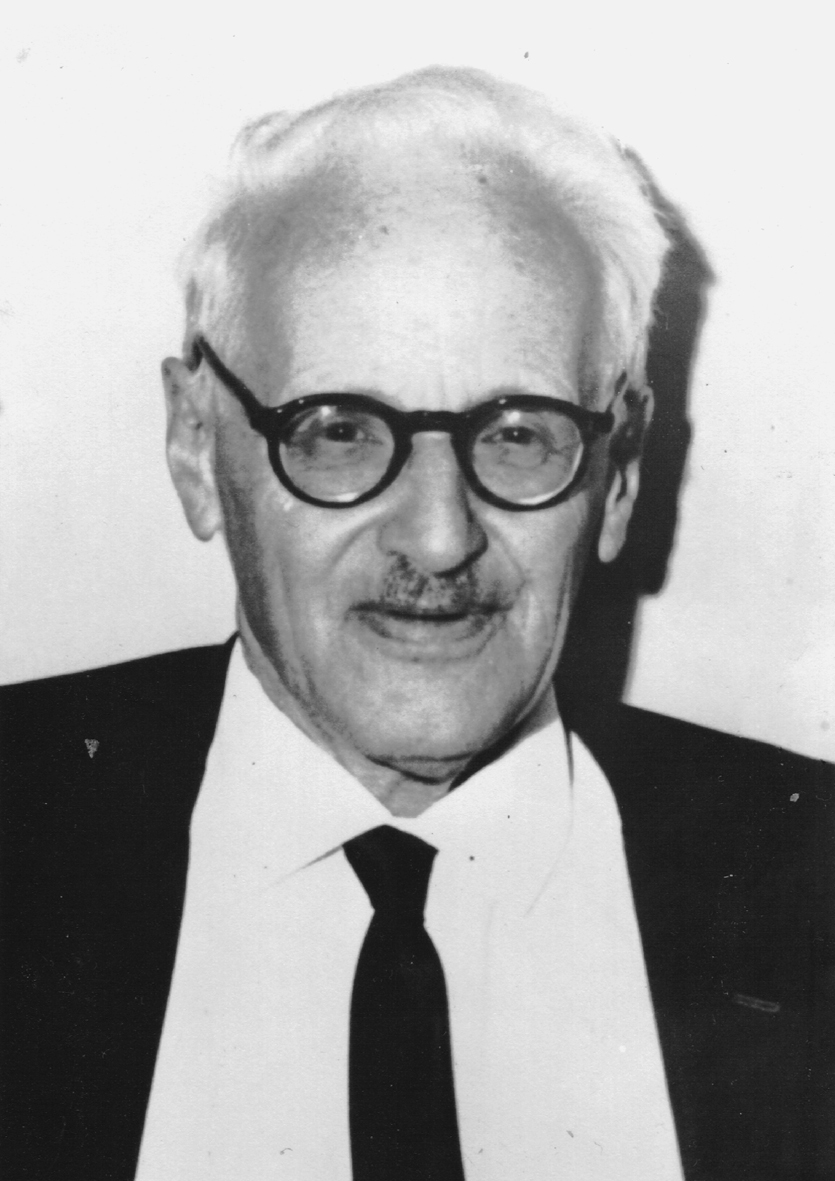
Julius Margolin. Courtesy of Beit Aba, the archive of Aba Ahimeir, Ramat Gan, Israel.

Oxford University Press is a department of the University of Oxford. It furthers the Universitys objective of excellence in research, scholarship, and education by publishing worldwide. Oxford is a registered trade mark of Oxford University Press in the UK and certain other countries.
Published in the United States of America by Oxford University Press
198 Madison Avenue, New York, NY 10016, United States of America.
Oxford University Press 2020
All rights reserved. No part of this publication may be reproduced, stored in a retrieval system, or transmitted, in any form or by any means, without the prior permission in writing of Oxford University Press, or as expressly permitted by law, by license, or under terms agreed with the appropriate reproduction rights organization. Inquiries concerning reproduction outside the scope of the above should be sent to the Rights Department, Oxford University Press, at the address above.
You must not circulate this work in any other form and you must impose this same condition on any acquirer.
Library of Congress Cataloging-in-Publication Data
Names: Margolin, Julius, 19001971, author. | Hoffman, Stefani, translator. |
Snyder, Timothy, writer of foreword. | Jolluck, Katherine R., writer of introduction. |
Margolin, Julius, 19001971. Doroga na Zapad. English.
Title: Journey into the land of the Zeks and back : a memoir of the Gulag /
Julius Margolin ; translated by Stefani Hoffman ; foreword by Timothy
Snyder ; introduction by Katherine R. Jolluck.
Other titles: Puteshestvie v stranu Zeka. English | Road to the West.
Description: New York : Oxford University Press, 2020. |
Identifiers: LCCN 2020020756 (print) | LCCN 2020020757 (ebook) |
ISBN 9780197502143 (hardcover) | ISBN 9780197502167 (epub) | ISBN 9780197502150
Subjects: LCSH: Convict laborSoviet Union. | Political prisonersSoviet
UnionBiography. | Penal coloniesSoviet Union. | Political persecutionSoviet Union.
Classification: LCC HV8931.R8 M2813 2020 (print) | LCC HV8931.R8 (ebook)
| DDC 365/.45092 [B]dc23
LC record available at https://lccn.loc.gov/2020020756
LC ebook record available at https://lccn.loc.gov/2020020757
by Timothy Snyder
we speak of memory, but memory is empty without witness. It is too much to expect that all who suffer speak. Yet without witness, memory devolves into propaganda that serves the moment. Julius Margolin asks whether the real Russia is the one that celebrates victory over Nazi Germany on Red Square, or the one that exists in the uncharted universe of concentration camps that he calls the land of the zek. He wrote in 1946 and 1947, right after five years of Soviet penal servitude; the question is still pertinent in the Russia of the twenty-first century. Margolin was himself a zek, a convict, who survived incarceration in the largest concentration camp system during its most murderous period.
We call the Soviet camps the Gulag, after the title of Alexander Solzhenitsyn's much later book, published in 1973. Had Margolin's book been published when he wrote it, zek and land of the zek would be the terms we use now. This first complete collection of Margolin's texts about the camps, published as a whole in English translation, arrives at a time when we know a great deal about them. When documents became available after the end of the USSR in 1991, historians sought to balance the experiences of the prisoners with those of the guards, the camp directors, the politburo, Stalin himself. We know certain things that Margolin did not: the locations of most of the camps, the numbers of registered prisoners and deaths, the names of those who persecuted them. Yet without the voices of the witnesses, even such knowledge is not enough. If memory is challenged by witness, history is enriched by it.
Only a very few memoirs of concentration camps, and only a scarce handful of memoirs of the Gulag, give a sense of what it was like on the inside. Margolin gives a reason: to become a zek was to lose the points of reference that would make the experience intelligible to others: No one retains his original form. Observation is difficult because the observer himself is deformed. He, too, is abnormal. In this sense the title of this book is perfectly chosen. Margolin recounts the five years between his deportation from Soviet-occupied Poland in 1940 and his return to postwar Poland in 1946 and then his subsequent departure for Palestine via France. It is a mark of his honesty that he records his own decline; it is a mark of his recovery that he was able to write this book. This literary and philosophical memoir is not simply an unmatched historical record; it is also a deep moral judgement. Tens of millions of people passed through the Gulag; only a few were able to write searching and reliable books about it. This one is perhaps the best.
Margolin was a philosopher, which made him a special witness. Born the son of a doctor in the predominantly Jewish town of Pinsk in what was then the western Russian Empire, he studied for a while in revolutionary Russia and then completed a doctorate in philosophy in Berlin. He called himself a Polish Jew and spent most of the 1930s in Poland, mainly in d. In 1936 he and his family moved from Poland to Palestine. He was in Poland settling some necessary business when Germany invaded on 1 September 1939. Like about a quarter million Jews in western Poland, he fled eastward before the Germans. The Soviet Union invaded Poland from the east on 17 September. Like many of those Jews, Margolin tried to find a way out. When he failed, he returned to his parents in Pinsk, where he lived through the annexation of eastern Poland and the imposition of the Soviet system.
Margolin defines himself as a European and as a man of the West. He was forty years old when he entered his first concentration camp, old enough to have seen something of the world and to start a family, but young enough to react with flexibility. He had a strong sense of decency and normality: human rights and truth were basic concepts. He had the vocabulary and concepts of a philosopher with a strong interest in literature: he never lacked for words or concepts in an environment that beggared description. He was a native speaker of Russian, the language of the camps, but also a native speaker of Polish and Yiddish, the languages of the prisoners with whom he was sentenced.
As Margolin saw matters from d or Pinsk in late 1939 and early 1940, the Nazis and the Soviets had together destroyed Europe. The Molotov-Ribbentrop pact of August 1939, and the joint German-Soviet invasion of Poland that followed, was the end of the life he thought he was leading. Poland, from which he had emigrated but for which he had sympathy, was destroyed by its powerful neighbors. In Pinsk Margolin watched as local resources, grain and meat, were directed by Soviet power to the Nazi ally, even as Germany invaded western Europe. Both Nazi Germany and the Soviet Union declared that the Polish state did not exist; this created a basic problem of access to law and protection for tens of millions of people who were subject not to a conventional occupation but to annexation and colonization. In Margolin's case, he was sentenced to five years of hard labor in a camp for having the wrong papers.
Font size:
Interval:
Bookmark:
Similar books «Journey into the Land of the Zeks and Back: A Memoir of the Gulag»
Look at similar books to Journey into the Land of the Zeks and Back: A Memoir of the Gulag. We have selected literature similar in name and meaning in the hope of providing readers with more options to find new, interesting, not yet read works.
Discussion, reviews of the book Journey into the Land of the Zeks and Back: A Memoir of the Gulag and just readers' own opinions. Leave your comments, write what you think about the work, its meaning or the main characters. Specify what exactly you liked and what you didn't like, and why you think so.

